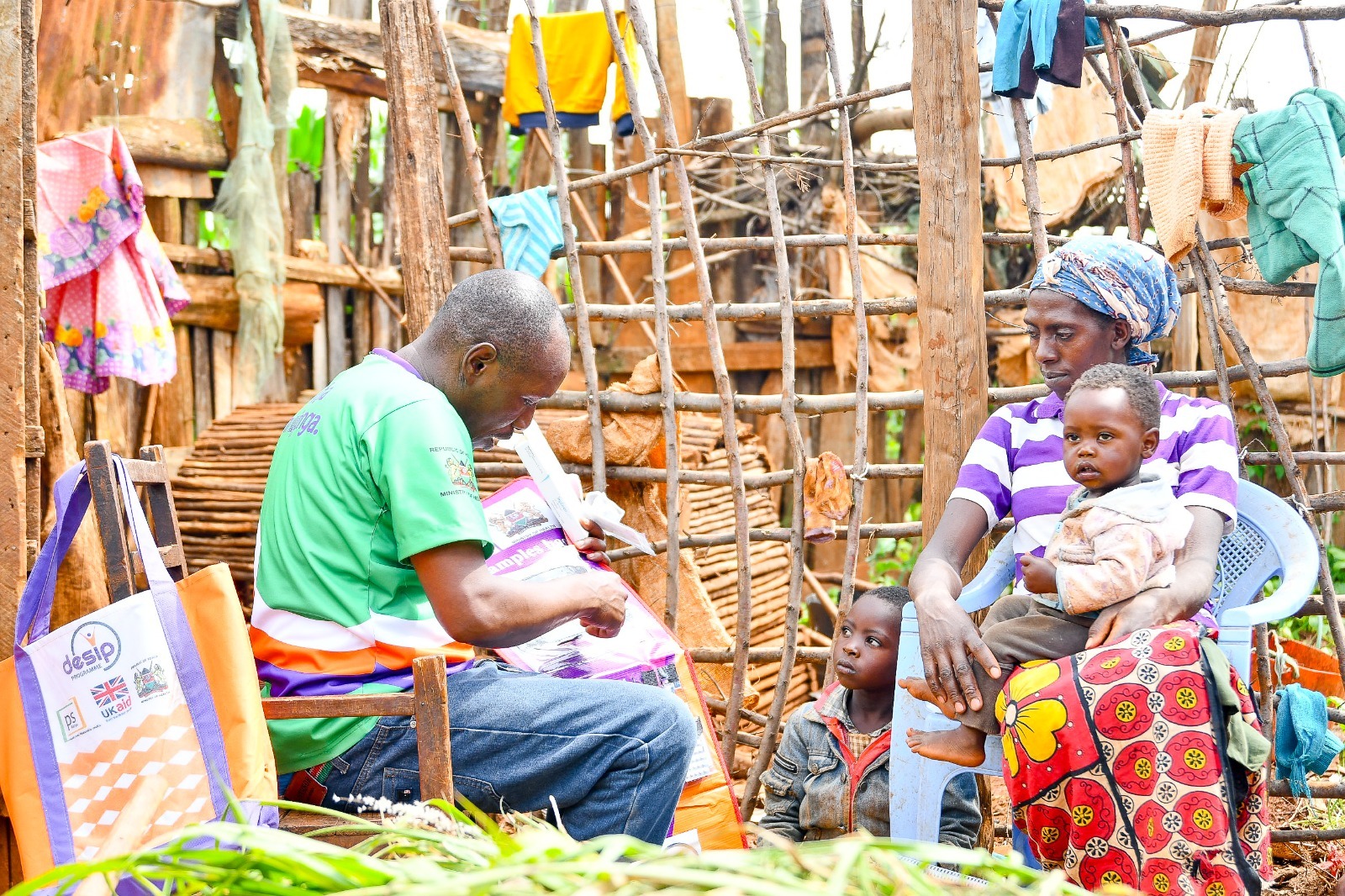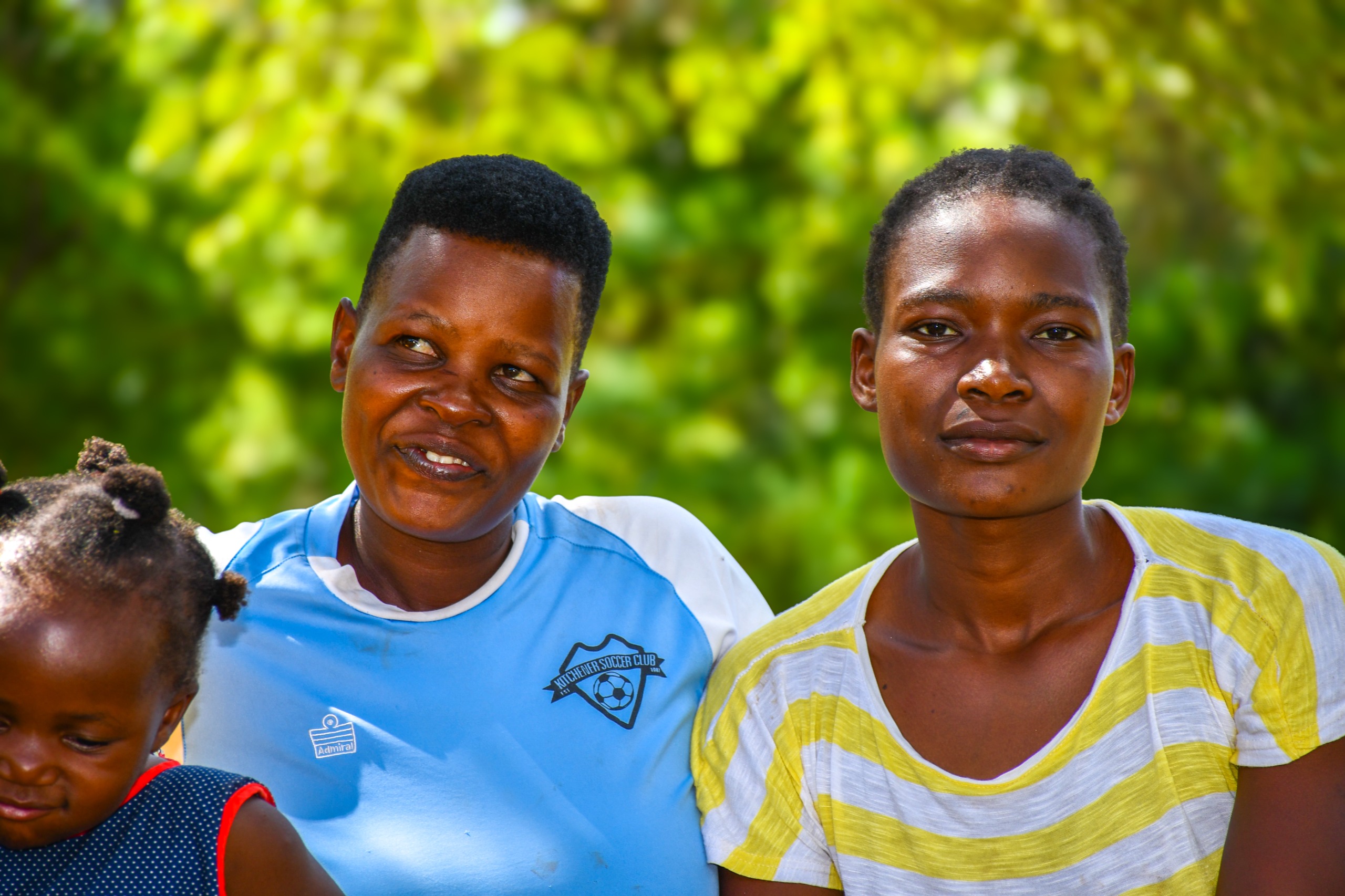When the novel COVID-19 pandemic hit the world, Kenya, just like other countries, embraced practices that could curb the spread of the disease. Handwashing with soap and water or the use of an alcohol-based sanitizer has received considerable attention as a simple yet primary preventive measure. The COVID-19 disease highlighted the critical role of hand hygiene in disease prevention that had been neglected before the pandemic. Because our hands are a critical vector for germ transmission, lack of proper handwashing practices puts us at risk of contracting infections and other communicable diseases.
While there is no doubt that the pandemic had an impact on the economy, the pharmacy market continued to perform strongly as it was the frontline of primary care. Kenyans would walk in and receive treatment of any kind, e.g., headache and blood pressure management. The public were also forced to resort to online medical consultation due to the cessation of movement and curfew hours imposed by the government.
The idea of integrating self-care into community health programs and practices is paramount. Key stakeholders such as policymakers, donors, health stakeholders, and key leaders ought to discuss this critically. We need to envision a situation where an individual is empowered with home-based management, from disease diagnosis, self-injection, and even medication. This would be a game changer in the health sector as it would also reduce client flow in both public and private facilities.
Population services Kenya is leveraging this successful lesson learnt from COVID-19 to build a holistic self-care market and bridge existing gaps in the self-care space. This is evident from their project dubbed “Strengthening HIV Self-testing in the Private Sector”, which is being implemented in Nairobi and Kisumu counties. This project positions HIV self-testing as a major entry point to HIV testing, prevention, and treatment in the private sector, with a huge positive public health outcome. Moreover, it is a competent access point for sexual and reproductive health services and products. To grow the self-care market, PS Kenya is actively engaging the key stakeholders to identify and resolve key barriers and failures that limit the growth of self-care markets. This will improve access to key self-care products and services, complementing the efforts by program implementers in the fight against HIV and other sexual and reproductive health-related infections. To ensure that goodwill in self-care is achieved, PS Kenya has brought together an advisory board that will look into the policy and logistic issues that have been a threat to the growth of this sector. Furthermore, a lot of work has been done around empowering pharmacies to support clients with various linkage services and report data to the program implementers, which for a long time has been a predicament for the growth of an equally competent self-care market.
PS Kenya is greatly investing in social media to carry out an insight-driven campaign through various digital platforms to create awareness and increase demand for self-care products and services. This will not only ensure that Kenyans get information at the right time but also receive verifiable and credible information regarding self-care. The use of a vending machine and a digital counsellor are among the milestone achievements in the growing self-care markets. This will ensure that client privacy and confidentiality are heightened at all costs. The provision of a WhatsApp chatbot where clients are anonymously supported from the point of buying self-care products, usage and linkage to care services remains a big hope for the growth of self-care markets.
In an effort to break new ground for the self-care market and build a competent and holistic self-care space, lessons learnt during the COVID-19 pandemic should not be ignored. Key stakeholders need to rethink the policies which have been the main source of hindrance to the growth of this sector and act swiftly with pragmatic actions. A multi-sectoral approach is necessary in this case, with unquestionable cooperation by key players to rewrite the new chapter of self-care.
03
Jun
Leveraging Lessons Learnt during the COVID-19 Pandemic to build a competent and Holistic Self-Care Space
0



